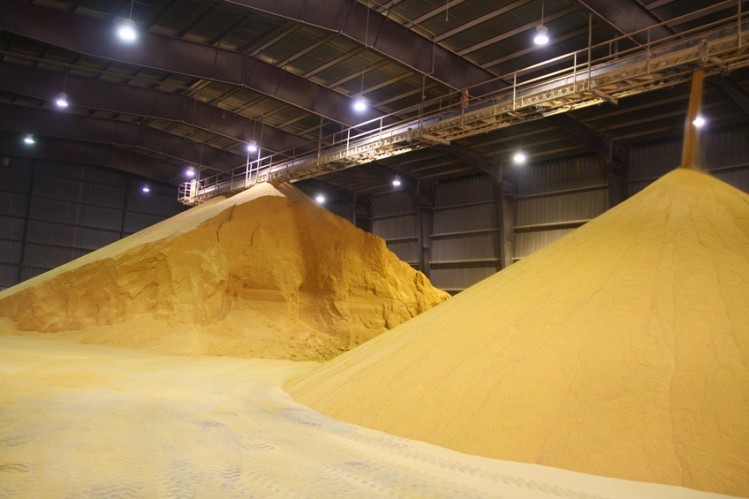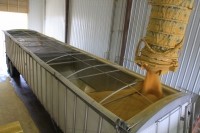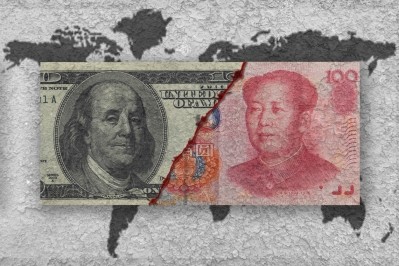Special Edition: Existing and emerging feed risks
DDGS: US Grains Council strives to keep Vietnamese market open

At the end of last month, Vietnam said it was considering suspending the import of dried distiller grains with solubles (DDGS) out a concern over the presence of a variety of Ballion beetles.
However, the US Grains Council, which has been working to develop the export market for DDGs as a feed ingredient, is trying to secure this market, said Tom Sleight, president and CEO with the Grains Council. “All of our efforts are [going towards getting] the proper protocols in place and enforced,” he added.
“Trade has gotten together with officials in the US and Vietnam, because there are some concerns over insects showing up,” he told FeedNavigator. “Scientists need to talk to scientists about developing a more effective protocol to deal with these insects.”
Discussions started after live insects were found in a shipment of the feed ingredient, he said. "We were all surprised when the insects showed up live again,” he said.
Insect mitigation
Efforts have been in progress to address the presence of insects in DDGs shipments since about 2012, said Sleight.
Trade groups involved thought an adequate prevention system had been designed, he said. “We thought we had a solution in place, and then the problem cropped up again,” he added.
Currently, the ingredient can be treated with phosphine gas to kill the insects, he said.
The new finding has generated questions about what treatment should be used and how long it should be used for to mitigate such risk, he said.
The end goal is to develop and implement a workable protocol to keep the market in place, he said. But the current focus is on maintaining dialogue between quarantine officials, added Sleight.
“The Vietnamese have said they would suspend imports as early as the middle of December,” he continued. “We want to make sure that that doesn’t happen.”
DDGS export market
Vietnam is the US’s third largest market for the feed ingredient, which is another reason it is important to find a speedy resolution to this insect problem, said Sleight.
The market has already faced some challenges this year, starting in January, when China opened an anti-dumping and countervailing duty investigation into imports of the product. An import duty was announced in September following the publication of preliminary results of that Chinese probe.
The Grains Council is waiting for a final ruling in that matter, which could come in January: “They’re in the verification stage right now, [so] we don’t expect any final decision until mid-January – the preliminary duties are still in place,” said Sleight.
“We’ve been doubling and re-doubling efforts all around the world to find alternative markets,” he said. “The problem with China highlighted the need to find alternative markets, and to sustain the good markets like Mexico and Vietnam.”
In the 2015, the US exported to Vietnam about 650,460 metric tons of the feed ingredient, up from 638,396 metric tons the previous year, reported the Grains Council. From January to August of 2016, the US had already exported 687,620 metric tons there.
The Grains Council is also looking to expand the international market for the product, said Sleight. “We just had our export exchange meeting last week in conjunction with RFA [Renewable Fuel Association] and we brought in 200 buyers from over 30 countries.”
The meeting was a time to provide technical information and trade information about the product, he said.













